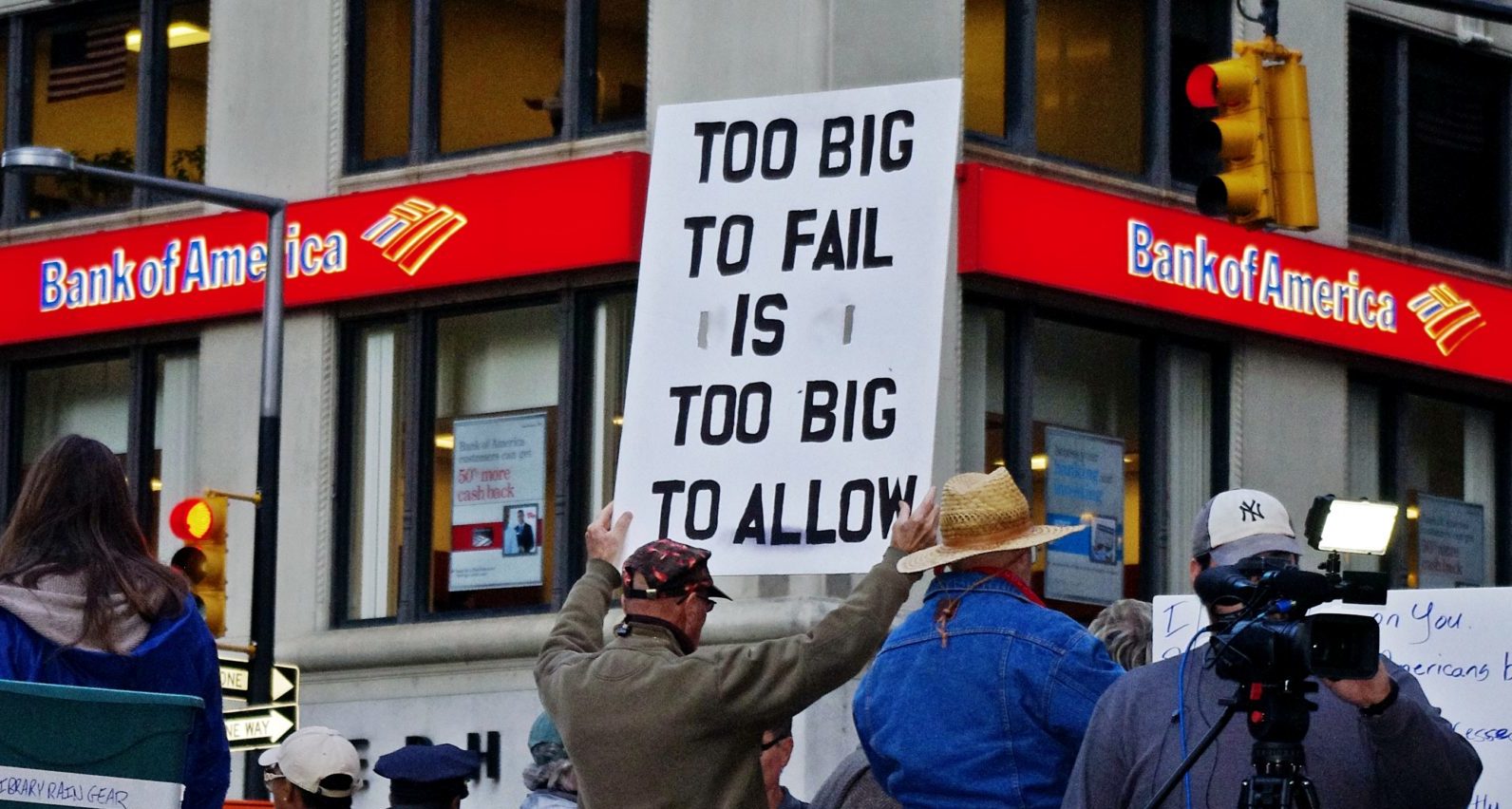The “Return to Prudent Banking Act” Will Help Protect Us From Another Financial Crash

The “Return to Prudent Banking Act” Will Help Protect Us From Another Financial Crash
We need strong rules for Wall Street.
When we don’t have them, Americans suffer. It happened with savings and loan association deregulation, which led to a real estate collapse; it happened with the repeal of Glass-Steagall in 1999, which led to the 2008 financial crash.
Now, Rep. Marcy Kaptur (OH-9), has introduced the “Return to Prudent Banking Act.” The bill would restore the “wall” that previously existed under Glass-Steagall, preventing FDIC-insured commercial banks from participating in investment activity.
The Glass-Steagall Act of 1933 was designed to keep commercial banks, which traditionally make relatively safe decisions in pursuit of long-term profits, from taking on short-term speculative behavior that carries high risks. For decades, Glass-Steagall worked, and it worked well.
But then in 1999, the statute was repealed. During an era of aggressive deregulation, the commercial bank Citicorp and the insurance company Travelers Group had merged the year before, forming the first “megabank,” known as Citigroup. Since that merger was considered a violation of Glass-Steagall, the law was changed to effectively repeal Glass-Steagall and allow Citigroup’s merger to go through. Effectively, megabanks formed on Citigroup’s model, now able to become supersized through mergers, were also then able to gamble with taxpayer-backed deposits. The results were calamitous.
Within a decade, the 2008 financial crash brought our economy to shambles and cost Main Street heavily. Foreclosure rates skyrocketed and home values plummeted. Many prudent savers saw their long-term retirement savings vanish into thin air. Already marginalized communities like people of color and people with disabilities were hit particularly hard, and many communities have still not completely recovered from the Great Recession. And of course, taxpayers paid trillions to bail out the failed megabanks. Had Glass-Steagall not been repealed, perhaps the crash would not have happened at all, because banks would not have been allowed to take massive risks that inflated a housing bubble whose rupture collapsed the economy.
Even industry veterans, like John Reed and Sanford Weill, who founded Citigroup and in doing so effectively helped repeal Glass-Steagall, now recognize that doing away with Glass-Steagall’s protections was a mistake.
Reed has written about the “culture clash” that developed at banks and how investment and traditional bankers tend not to mix well. In this clash of views that happened post-Glass-Steagall, investment bankers won out and steered the banking industry toward a riskier, short-term oriented culture.
Unfortunately, the Volcker Rule put in place through the Dodd-Frank Act didn’t solve this problem. That rule prohibited banks from doing proprietary investment trading—trading on their own behalf—but allowed banks to still do it on behalf of clients. The Volcker Rule didn’t solve this issue partly because of the loopholes in the law, but also because of its complexity and lack of transparency. Many financial industry professionals including Reed and Weill now call for a return to Glass-Steagall’s clear rules.
We cannot let a financial crash happen again. For the health of our economy and the security of our savings, we must prevent greedy investors from gambling with the fate of our financial system to make a quick buck. Without stronger rules on Wall Street like the Return to Prudent Banking Act, it could happen again.
Tell your members of Congress to cosponsor the Return to Prudent Banking Act and send a clear signal that if banks are “too big to fail,” then they’re too big to exist.
Photo Credit: David Shankbone [CC BY 3.0 (https://creativecommons.org/licenses/by/3.0)]